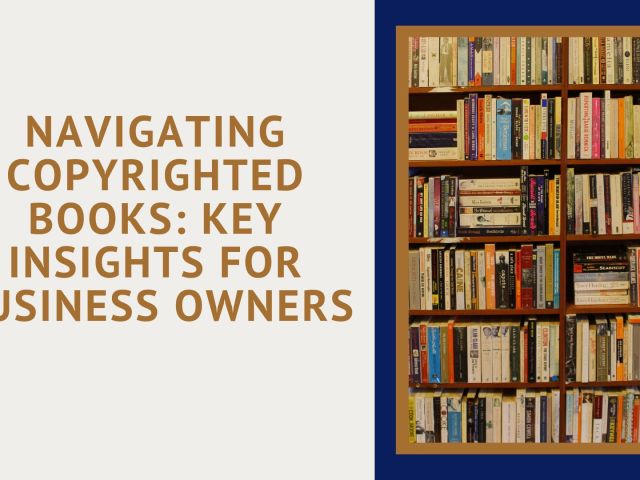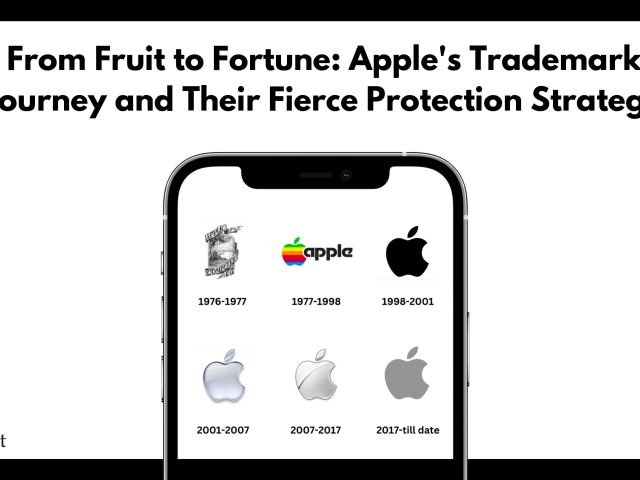Copyright plays an important role in any progressing economy to promote creativity and reward artists and creators.
Specifically, Copyright gives birth to a bunch of exclusive legal rights to the subject matter, thereby granting creators an opportunity to protect and commercialize the artwork through licensing and assignment deals.
Copyrights primarily subsist in original literary, dramatic, musical, and artistic works. Further, artistic work is said to include a painting, a sculpture, a drawing, a work of architecture, an engraving, or a photograph.
With the growing advent of social media platforms and active sharing of photographs on social media profiles by individuals, it becomes very critical for us to ascertain the ownership of photographic content and recognize the extent of rights which exists in such photography to allow visual artists to disseminate as well as protect their artwork from any unauthorized use.
Legal aspects of copyright in Photographs
Under the current legal regime, a photograph is considered to be a visual art when shot with some degree of skills or effort and including some process of the chemical action of light or radiation, which thereby would suffice the prerequisites of “originality” for the purpose of grant of copyright protection.
Generally, the author of an artistic work is taken to be the first owner of the copyright in the subject matter. A first owner is usually one who primarily clothes the idea in the form of creativity and produces or communicates it. In the case of a photograph, the person taking a photograph, i.e., the photographer, is the author of it.
Further, the concerned provision of the Act lays down a proviso that the copyright in a photograph would belong to the assignor or such other person hiring or assigning the photographer in case of any valuable consideration made towards the same.
Rights of the copyright owner in photographs
For the extent of rights granted to the owner of the copyright in a photograph, Section 14 of the Copyright Act 1957 confers the following rights on the owner of the copyright:
a) Reproduction rights – Rights to reproduce the work in any material or issue copies of the work.
b) Distribution rights – Right to communicate the work to the public through any means relevant and issue copies of the same.
c) Adaptation rights – Right to make any adaptation of the work.
However, a few complexities exist concerning the legality of unauthorized photographic content shared and used by users on digital platforms. Usual circumstances that have often been disputed include the clash between personality rights and copyrights in the case of using copyrighted photographs by celebrities and social media influencers.
Another issue that has often been disputed is the extent of copyrights that the copyright owner has licensed to the digital content-sharing platform.
Both issues are certainly affected by the user terms and policies which are enumerated by the respective intermediary platforms.
However, it doesn’t exclude the liability of such intermediaries from the duty to supervise and ensure the taking of appropriate action against the infringers in case of prior notice by the concerned copyright owner.
Conclusion
The expanding field of photography and an increase in the production of photographic content over the digital space definitely require a strong protection mechanism amongst the creators, users, and intermediaries concerning copyrights. Simultaneously, artists and photographers should consider generating unique ways of distinguishing visual content, such as using water tags. Lastly, the settled law recognizes the legal protection of the original copyright subject to the provisions of fair use. Thus, the extent of fair use must be distinguished from unauthorized use, amounting to infringement of the copyrights.




